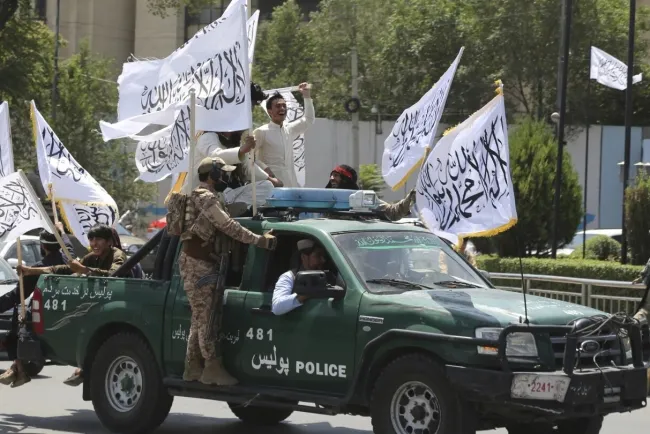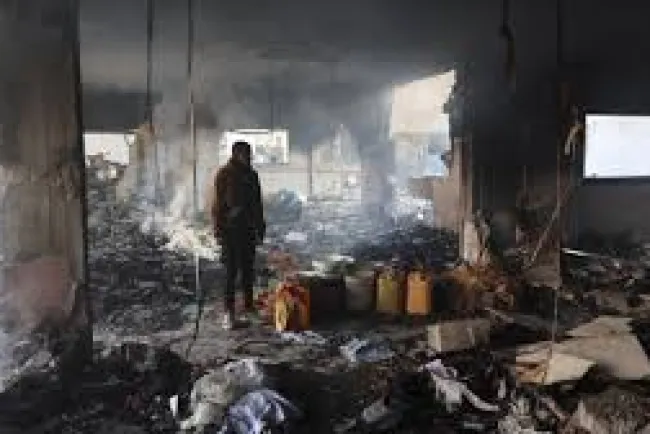India Calls for International Oversight on Pakistan’s Nuclear Control
Indian Defense Minister Rajnath Singh has urged for the International Atomic Energy Agency (IAEA) to impose an inspection regime over Pakistan's nuclear command and control systems. This statement, made during his visit to Jammu and Kashmir, raises significant concerns about the security of nuclear weapons in what he describes as an "irresponsible and rogue nation."
Concerns Over Nuclear Safety
Singh's comments come in the wake of tensions following India's military operations, specifically Operation Sindhu, which aimed at addressing security threats. He questioned whether nuclear weapons are safe in Pakistan's hands, especially given the potential for "nuclear blackmail."
The call for IAEA oversight was further fueled by recent inquiries from international media regarding radiation leaks from Pakistani nuclear facilities. The IAEA responded, asserting that there have been no reports of radiation leaks or releases from any of Pakistan's nuclear sites, amidst ongoing speculation about the consequences of Indian airstrikes.
Operation Sindhu and Nuclear Facility Speculations
Reports circulating on social media suggested that Indian military actions targeted the Kirana Hills area, believed to host nuclear facilities. However, Indian Air Force officials have denied these claims, emphasizing that they did not strike Kirana Hills, despite the presence of speculation regarding the safety of the location.
During a recent press briefing, U.S. State Department officials were asked about potential American involvement in investigating the claims of nuclear leaks in Pakistan. They refrained from providing any definitive information, indicating that there are currently no updates on whether a team has been sent to Pakistan to investigate these serious allegations.
International Implications
Singh's insistence on international oversight reflects growing concerns about nuclear proliferation and safety in South Asia. The international community continues to monitor the situation closely, recognizing that the stability of nuclear command and control in Pakistan is crucial for regional security.
Conclusion
As tensions between India and Pakistan persist, the call for IAEA intervention signifies a critical moment in nuclear diplomacy. The discussions around nuclear safety and command underscore the need for robust international frameworks to prevent escalation and ensure accountability regarding nuclear weapons management. The situation in the region remains fluid, and continued vigilance is essential as developments unfold.
What's Your Reaction?
















